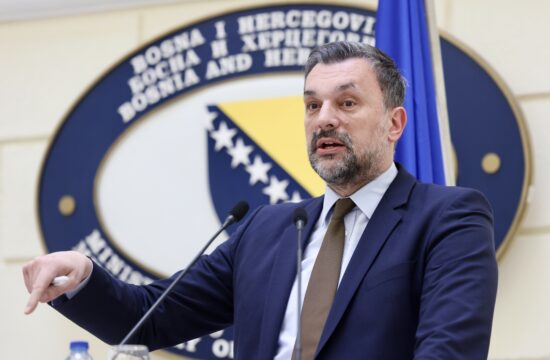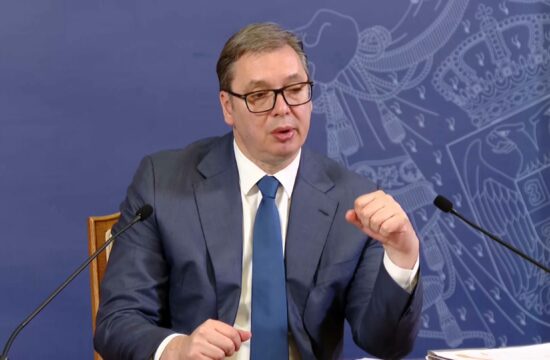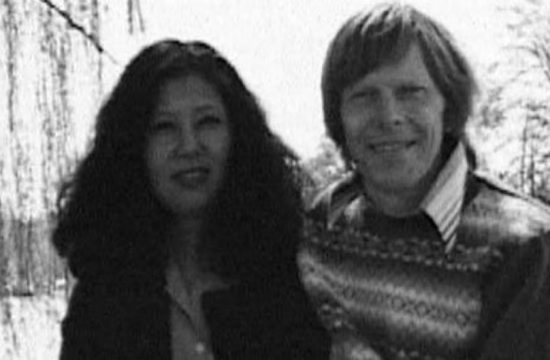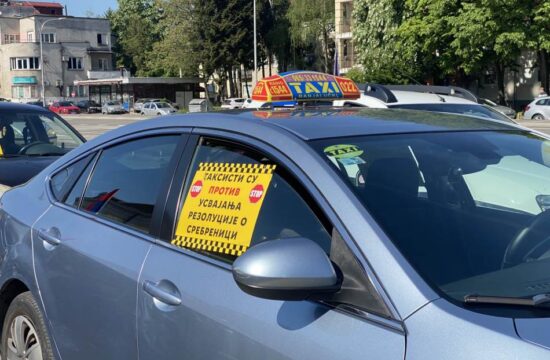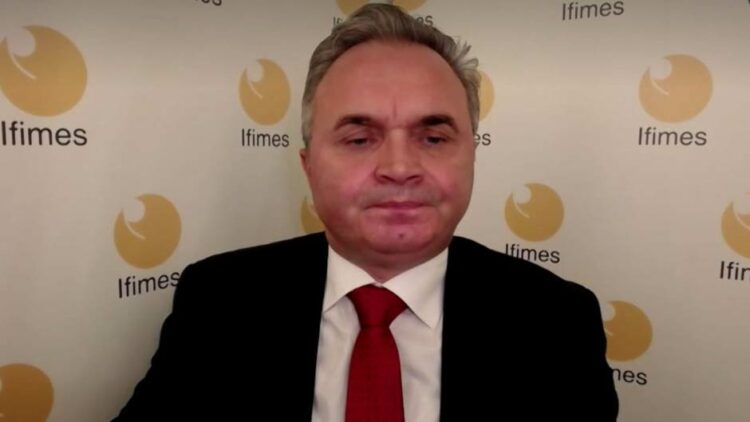
The wave of regime changes in the Western Balkans, which began in North Macedonia, will likely continue in Bosnia and Herzegovina and the Sunday local election could represent a step towards the fall of the regime in the country, the director of the International Institute for Middle-East and Balkan Studies (IFIMES), Zijad Becirovic, told N1 on Friday.
“We have been saying for the last three years that there will be fundamental changes in the Western Balkans. We said that it will start from North Macedonia, we said that the dialogue between Belgrade and Pristina will be completed, that (Montenegro’s Milo) Djukanovic will fall,” Becirovic said, explaining that the countries and powers in the region are connected.
“This wave is intertwined with Bosnia and Herzegovina, and it will hit Republika Srpska the hardest,” he said, referring to Bosnia’s Serb-majority semi-autonomous entity.
“The election turnout will be key,” he said, arguing that the Serb member of Bosnia’s tripartite Presidency and leader of the ruling party in Republika Srpska (RS), Milorad Dodik, can expect to end up to like former North Macedonian Prime Minister Nikola Gruevski.
“Gruevski syphoned five billion euros from the state, Djukanovic from Montenegro six billion in the 30 years he was in power,” Becirovic said, arguing that Dodik also syphoned a large amount of money out of Bosnia and the RS.
Those are rich people, even by western standards, he said.
“To change the regime, you have to do it with a pencil in your hand. North Macedonia and Montenegro are the best examples for this,” he added.
The expert also commented on the main Bosniak party in Bosnia, the Party for Democratic Action (SDA), calling it a “conglomerate of different interests.”
“That party is used to living in conflict. The internal conflict within the SDA keeps in alive, it does not work against it,” he said, adding that the party is a “phenomenon.”
Bosnian citizens do not have good lives for the past 30 years and political parties keep asking them to give them another chance ahead of every election, Becirovic said.
“The situation is unbearable, the citizens of Bosnia and Herzegovina know this best,” he said.

